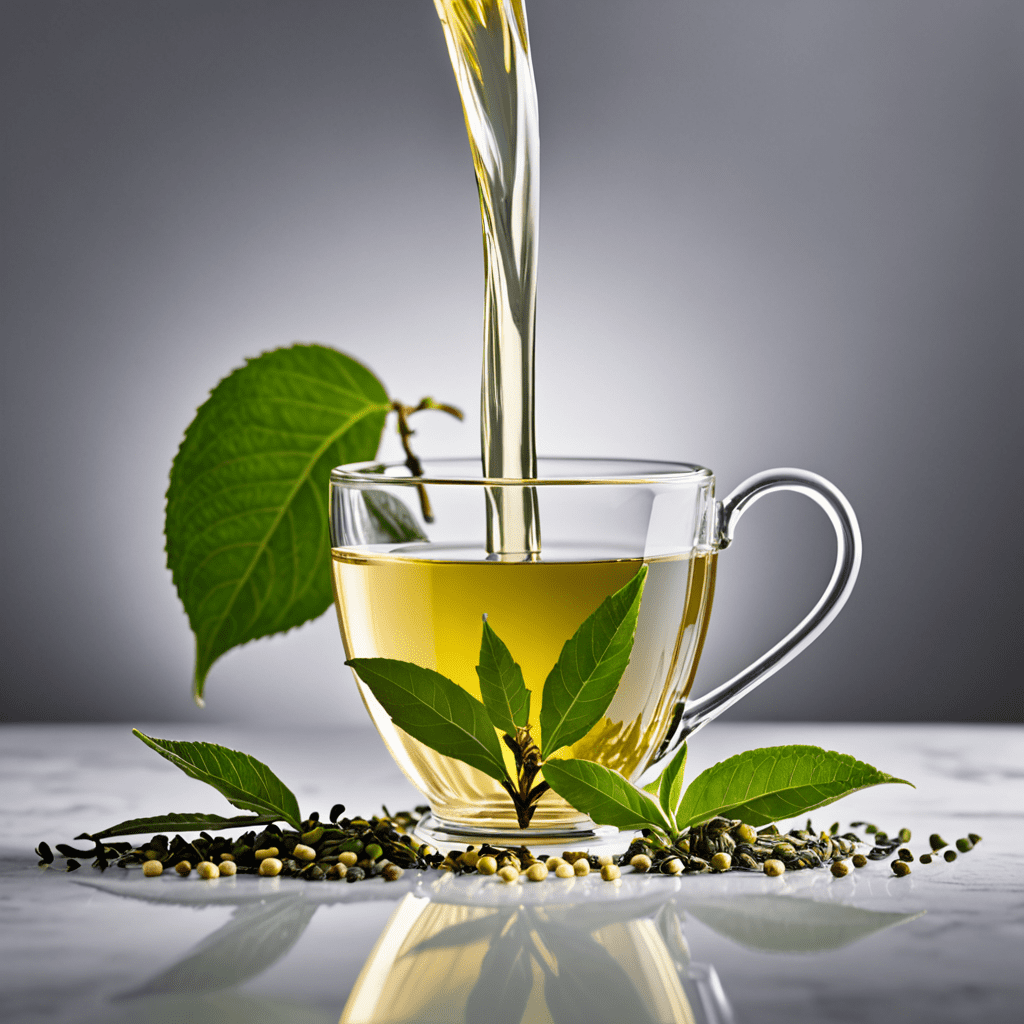White Tea: A Delicate Symphony of Flavors
Exploring the World of White Tea
White tea, known for its delicate taste and subtle aroma, is a highly revered beverage that originates from the Camellia sinensis plant. This exquisite tea is minimally processed, allowing the leaves to retain their natural essence. Join us on a journey to discover the nuances of white tea and how it captivates the senses.
The Art of Harvesting and Processing
The elegance of white tea begins with the meticulous harvesting process. Delicate, young leaves and unopened buds are handpicked with precision. Following this, the leaves undergo minimal oxidation which sets white tea apart from its counterparts. The careful handling of the leaves helps to preserve their natural composition, resulting in a tea that is light, fresh, and bursting with ethereal flavors.
Flavor Profile and Aromas
One of the most enchanting aspects of white tea is its delicate symphony of flavors. It offers a sublime combination of floral notes, a hint of sweetness, and a whisper of earthiness. The enchanting aromas of white tea evoke images of blooming gardens and tranquil orchards. The gentle and nuanced taste profile makes it a favorite among tea connoisseurs.
Health Benefits and Wellness
Beyond its exceptional taste, white tea has gained recognition for its health benefits. Abundant in antioxidants, white tea is known for its potential to boost the immune system, support heart health, and promote radiant skin. Its low caffeine content makes it an excellent choice for those looking for a soothing, yet rejuvenating beverage.
White Tea: Brewing and Enjoyment
Brewing white tea is an art in itself. The delicate leaves require a tender touch and a lower water temperature to showcase their full spectrum of flavors. Embracing the ritual of white tea brewing enhances the overall experience, allowing one to savor every nuance and aroma. Whether enjoyed hot or cold, white tea offers a serene and meditative indulgence.
Exploring White Tea Varieties
White tea comes in various forms, each with its own unique characteristics and allure. From the revered Silver Needle and White Peony to the floral Jasmine Silver Needle, there is an abundance of choices to explore. Each variety tantalizes the palate in its own distinct way, adding a touch of elegance to every sip.
Embracing the Elegance of White Tea
In the world of tea, few beverages embody the delicate symphony of flavors quite like white tea. Its gentle yet complex nature offers a sensory experience like no other, inviting enthusiasts to embrace the subtle beauty of this extraordinary brew. Join us in savoring the ethereal essence of white tea, a tea that transcends the ordinary and epitomizes refinement.
FAQ About White Tea: A Delicate Symphony of Flavors
What is white tea?
White tea is a delicate and minimally processed tea made from the young leaves and buds of the Camellia sinensis plant. It is valued for its subtle flavor, light color, and delicate aroma.
What makes white tea unique?
White tea undergoes minimal processing, allowing the natural flavors and aromas of the tea leaves to shine through. It is known for its gentle sweetness, floral notes, and smooth finish, making it a truly unique tea experience.
How is white tea different from other types of tea?
Unlike green, black, or oolong teas, white tea is minimally processed and undergoes minimal oxidation. This results in a lighter flavor profile and a more delicate character compared to other types of tea.
What are the health benefits of white tea?
White tea is rich in antioxidants, which may help protect the body from free radicals and reduce the risk of certain chronic diseases. It also contains catechins, which have been linked to various health benefits, including improved heart health and reduced inflammation.
How should white tea be brewed?
White tea should be brewed with water that is not boiling, around 175°F (80

